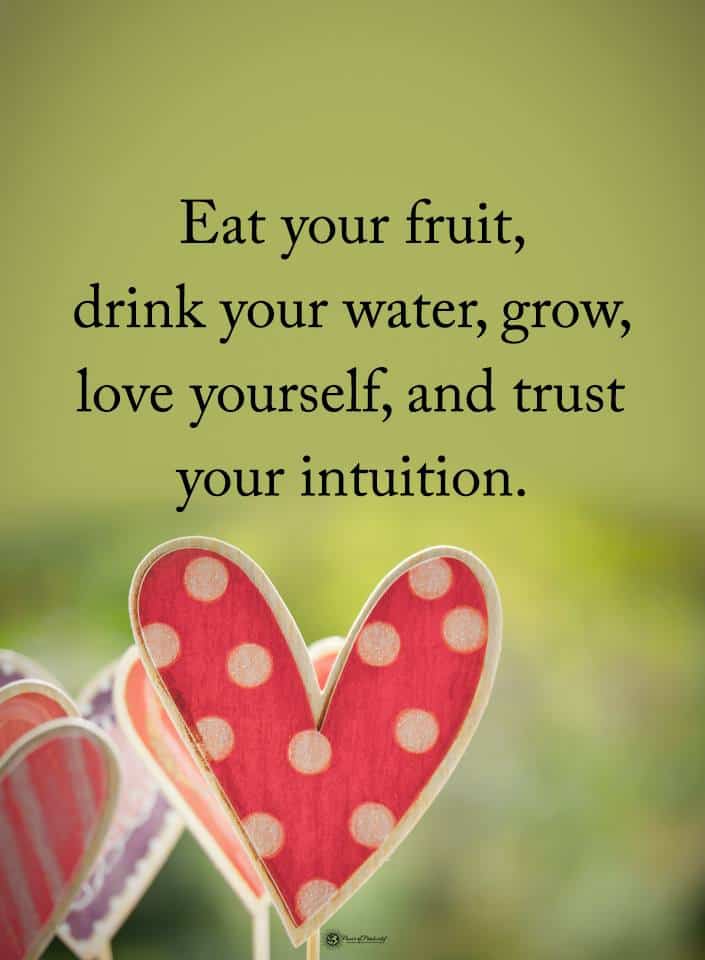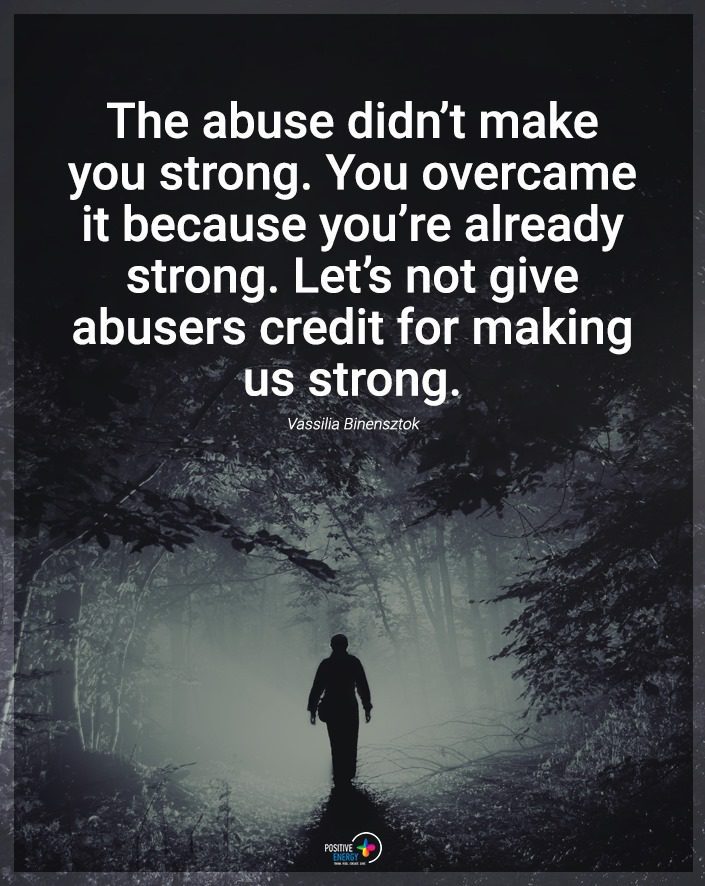Successful relationships are like buildings: you can build them up as much as you like, but the foundations need to be strong so that the construction can withstand it. Fulfilling relationships have two main pillars as their foundations: love and respect. Sometimes they relate to each other, but most of the time, you have to regard them separately and work on both to make sure your relationship won’t tumble.
Oddly enough, respect can be much more challenging to identify than love. Your partner may be showing you many signs of love, but that may be just a way to blind you in the ways they disrespect you. You excuse it because you think they love you more than anything. But that’s a recipe for disaster in the long term. That’s because relationships only built on love are very egotistical and self-serving.
A person who only shows love but no respect is only interested in reaping the benefits of a relationship but not working towards making their partner happy as well. A truly caring partner will respect and recognize you as a human being that’s not dependent on them. If you’re having doubts or second thoughts, here are seven signs that your partner respects you.
Here Are 7 Signs Your Partner Respects You
“The truest form of love is how you behave toward someone, not how you feel about them.” Steve Hall
1. They aren’t overbearing
If your partner isn’t trying to control who you go out with or insert themselves in every social interaction, that’s a good sign that they respect and trust you. They are confident in your relationship and believe in you not to overstep any boundaries that you’ve already set. That shows that they respect your independence and stature as self-sufficient. If they want to hang out with your friends – great – but if they try to control who you see or when you see them, that’s possibly a red flag.
2. They know that no means no
A good, respectful partner will know what you don’t like and do everything possible to avoid it. That means if you’re uncomfortable with being tickled, they won’t tickle you, or if you don’t want to try a certain thing in bed, they’ll respect that and stick to what makes you happy. When your partner doesn’t pressure you to do anything you’re not 100% keen on, then there’s a chance that they respect you and your choices regarding your body.
3. They’re honest with you
A good partner will never try to spare you from bad news because they know it’ll make you sad or upset. They’ll be frank with you if something’s wrong, which shows they respect your intelligence and decision-making ability. It also shows that they’re confident enough in your relationship to be fully and completely honest with you. It’s never nice being lied to; if someone respects you, they’d never do that.
As psychotherapist Dr. Barton Goldsmith mentions, “What honesty gives you is a great deal of comfort. Knowing you can implicitly trust your mate allows you to be your best self, and your relationship will continue to thrive because you are able to give each other the positive energy you need to navigate life’s ups and downs.”
4. A partner who listens to you and respects you
In a conversation with your SO, have you ever felt that you’re just talking at a brick wall? If your partner makes you feel like that, that’s a sign that they don’t respect or care for what you say. A committed partner listens carefully to you and replies accordingly – they don’t just wait for you to finish so they can say their bit. If they really listen and engage, that’s a good sign that they greatly respect you.
5. They’re proud of your achievements
A good, respectful SO will know the goals you set for yourself – physically, emotionally, professionally, academically, etc. – and will support you on your way to them. Once you achieve those goals, your partner will be proud of you and maybe even talk about your great achievements to their friends. That’s a sign that they truly care about your personal development and personal happiness.
6. They’re reliable
If your partner makes you wait for hours on your date night or never responds to your texts, that’s a sign that they aren’t invested in your relationship. A good, respectable SO will know your needs, and they wouldn’t flake out on your plans. They also wouldn’t ignore your texts or calls because talking to you wouldn’t be a chore for them.
7. They fight fair
Even with the most successful relationships, fights erupt now and again. And that’s normal when two personalities clash!
Licensed clinical psychologist Jennifer Kromberg, PsyD, says, “Some degree of fighting in a relationship is not only inevitable, but also necessary to create growth. The problem for couples is not that they fight—it’s how they fight.”
That being said, respect should never take a back seat. A respectful partner will fight fairly, with no striking under the belt, no derogatory names and no physical violence. They will try to listen to your argument and respond rationally – that’s a big sign of respect.
There’s nothing more satisfying than knowing that your partner loves and respects you. However, respect can sometimes be more difficult to foster than love – it can also be more critical. Love with no respect turns into an egotistic relationship, which would never last for very long and will end in tears.
Research professor and author Peter Gray, Ph.D., says, “To respect is to understand that the other person is not you, not an extension of you, not a reflection of you, not your toy, not your pet, not your product. In a relationship of respect, your task is to understand the other person as a unique individual and learn how to mesh your needs with his or hers and help that person achieve what he or she wants to achieve.”
Final Thoughts on Detecting Whether Your Partner Respects You
So, if you’re having second thoughts or even doubt that your partner doesn’t respect you as much as you deserve, your relationship may not be meant to be. And of course, respect should always go both ways like with every partnership. Start by respecting your partner yourself; soon enough, you’ll see the same come back to you. It will certainly make your relationship a lot happier.














